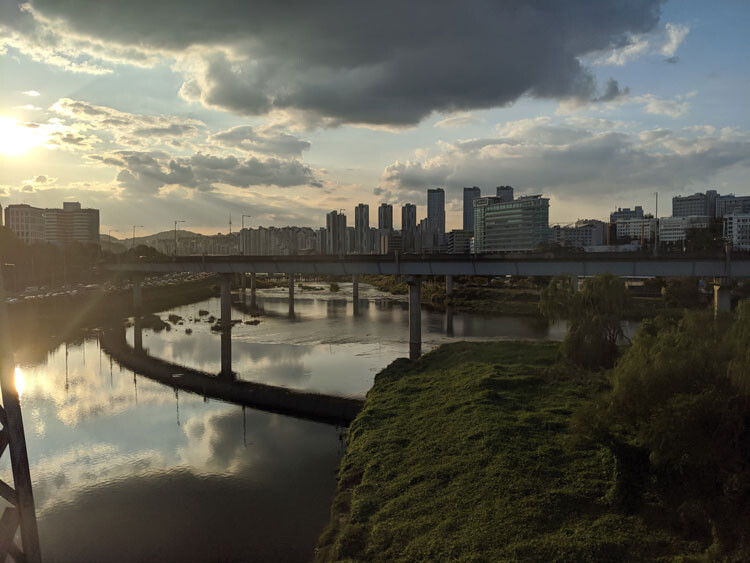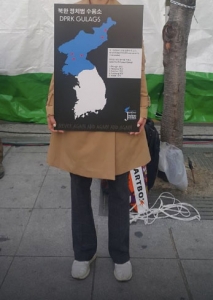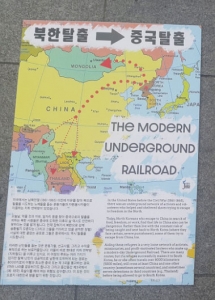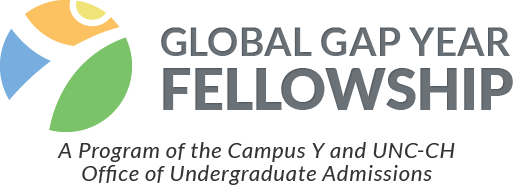
The following post was written by Global Gap Year Fellow Sarah Duncan. Sarah is spending the first half of her gap year in Seoul, South Korea.
Media surrounds us everywhere we go. You see it in the form of billboards on the highway, magazines at a doctor’s office, ads before a video, and plenty more. In fact, most of us (approximately 5 billion people, to be exact) keep a small device full of media in our pocket, giving us instant access to news stories from all across the world. This vast amount of media is quite overwhelming and can even become toxic, but the fact still remains that most of us can easily access it from a variety of sources whenever we want. This is the society we live in today- one where we have developed a dependency on digital tools, which has ultimately granted many of us access to easier communication and a better quality education.
Now, imagine a place where you didn’t have free access to the Internet. A place where the only media you were exposed to was heavily biased and filled with extreme propaganda. This particular place becomes a reality in North Korea, a mere 312 km away from Seoul, South Korea, which is where I have been staying on my gap year. Despite the short distance between the two countries, it is largely evident that there is a growing cultural and economic divide, and with this has come a decrease in the support of reunification.

Working with Justice for North Korea for the past 2 months has been a very eye opening opportunity. Before becoming involved with JFNK, I was just like everyone else when it came to my knowledge on the human rights crisis occurring in North Korea. My general opinion came from mainstream media, which I later realized was a very inaccurate portrayal of the country and its people. After much research through the Internet and pamphlets handed to me from JFNK director Peter Jung, I realized that my perception of North Korea had been derived from a very limited and political standpoint.
As I continued to learn about the daily lives of North Koreans, I found myself becoming frustrated at the fact that the human rights of those in North Korea were not being addressed or publicized. Peter Jung, the Justice for North Korea director, explained more in depth what life is like in North Korea and the obstacles defectors face when they make the life-or-death decision to escape their home country. Once I began meeting North Korean defectors and listening to their stories, I learned more about the cruel consequences one could face if caught, and how the large majority are trafficked in their journey to freedom. Those that do successfully escape are then met with the struggle of assimilating into the fast-paced South Korean society.
All in all, I feel like I have learned so much on the subject of North Korean human rights. More importantly, however, I have truly recognized the significant impact spreading awareness can have. Having access to the Internet is a privilege many of us take for granted, and working with JFNK has made me realize how powerful of a tool it is which can be used to improve the lives of many people. As I intend on majoring in Media & Journalism, I’ve always been a strong advocate for wholesome media. I believe that there are always two (or more) sides to a story, and with this specific issue, I want to help in transforming the narrative. I want people to know about what is really going on in North Korea, and show others how they can help in their own way. By sharing real stories from real North Korean defectors, I hope that people will be better informed on this current crisis and will continue to support the idea of reunification.

With all of this being said, I wanted to end on a quote that I believe we should all stand by. It is from Ghanian diplomat Kofi Annan, who states, “Knowledge is power. Information is liberating. Education is the premise of progress, in every society, in every family.” If there is one thing I can say I’ve learned from JFNK, it is that my freedom of the press is something I shouldn’t take lightly. It is a powerful thing to be able to publish our own ideas and information without interference! At Justice for North Korea, it is our goal to utilize this freedom to spread awareness of the violations of North Korean human rights. I hope that as we all continue to exercise this right, we be mindful of how impactful the tool of communication is.
